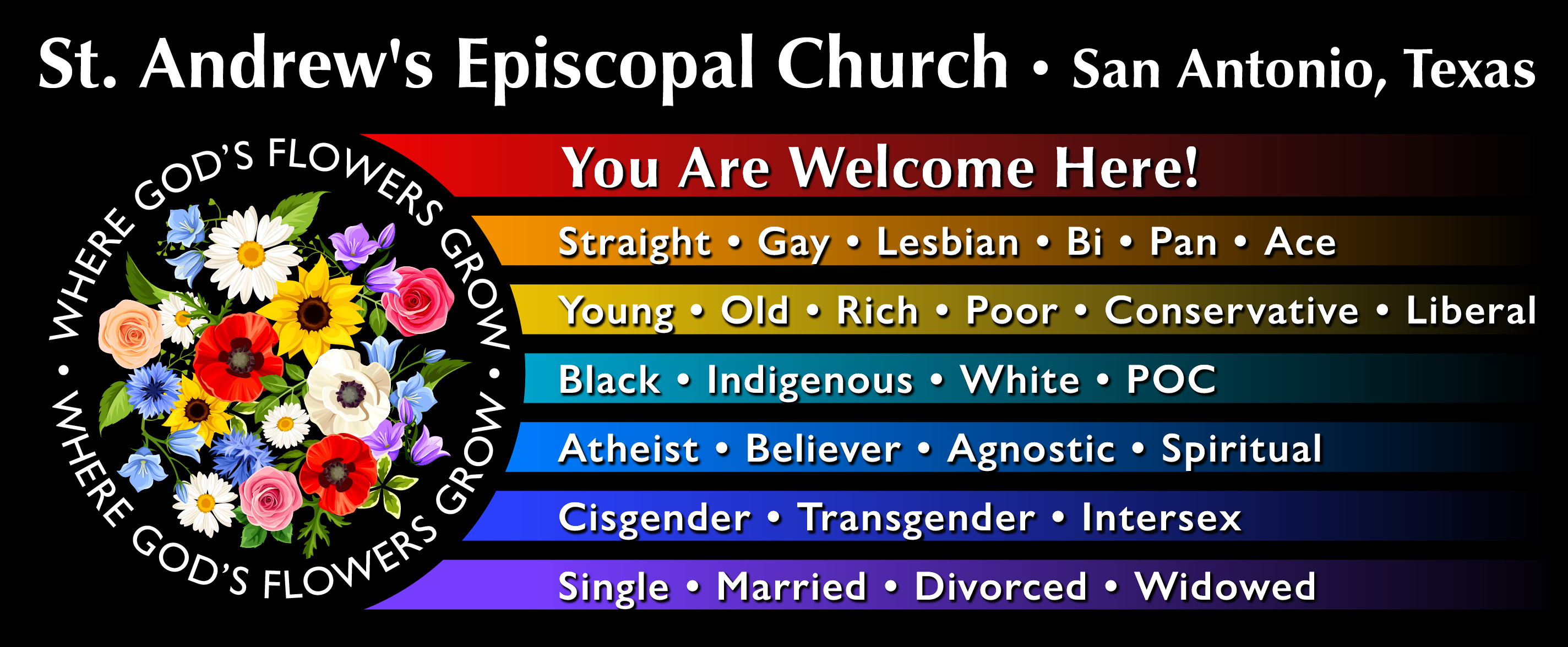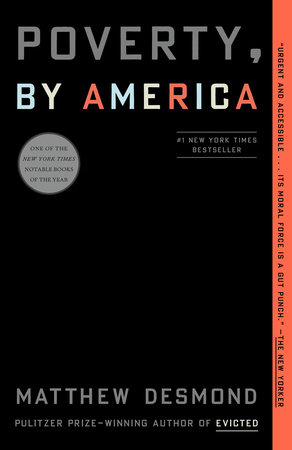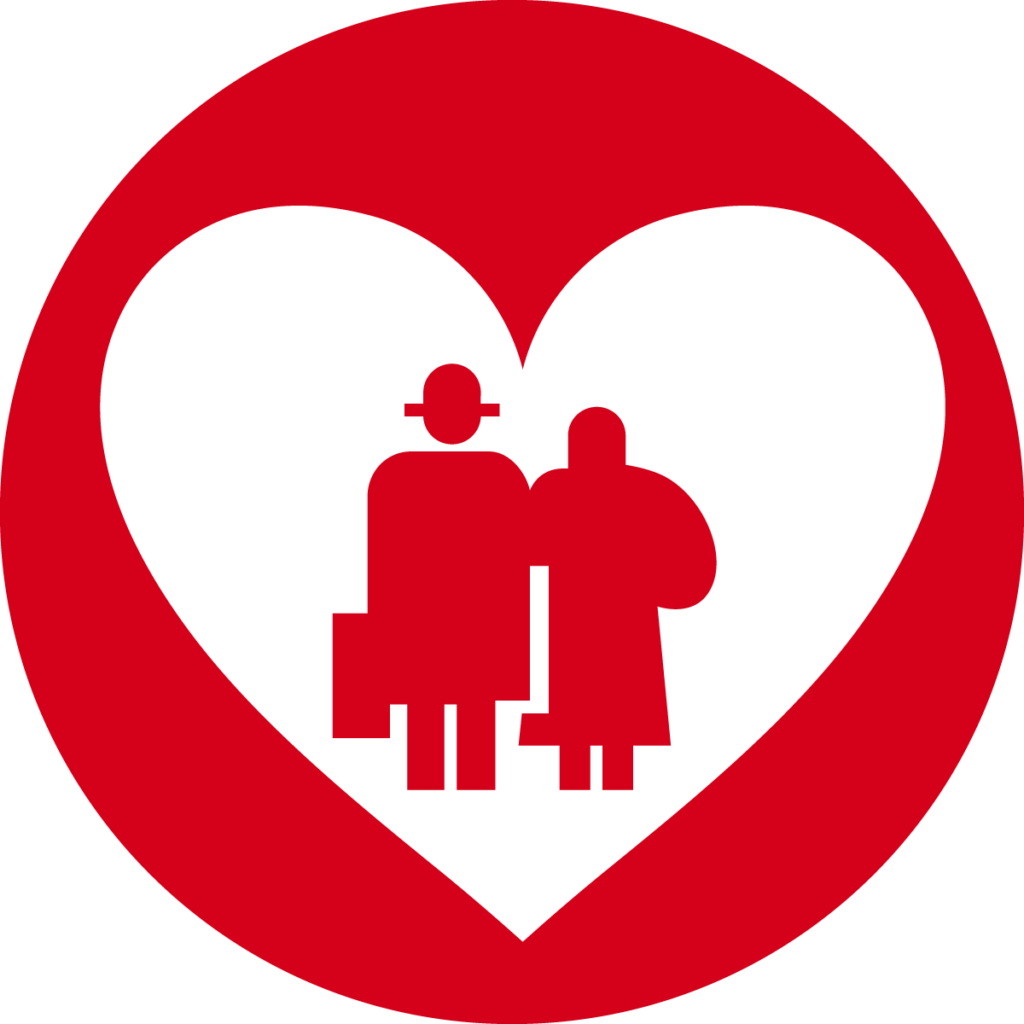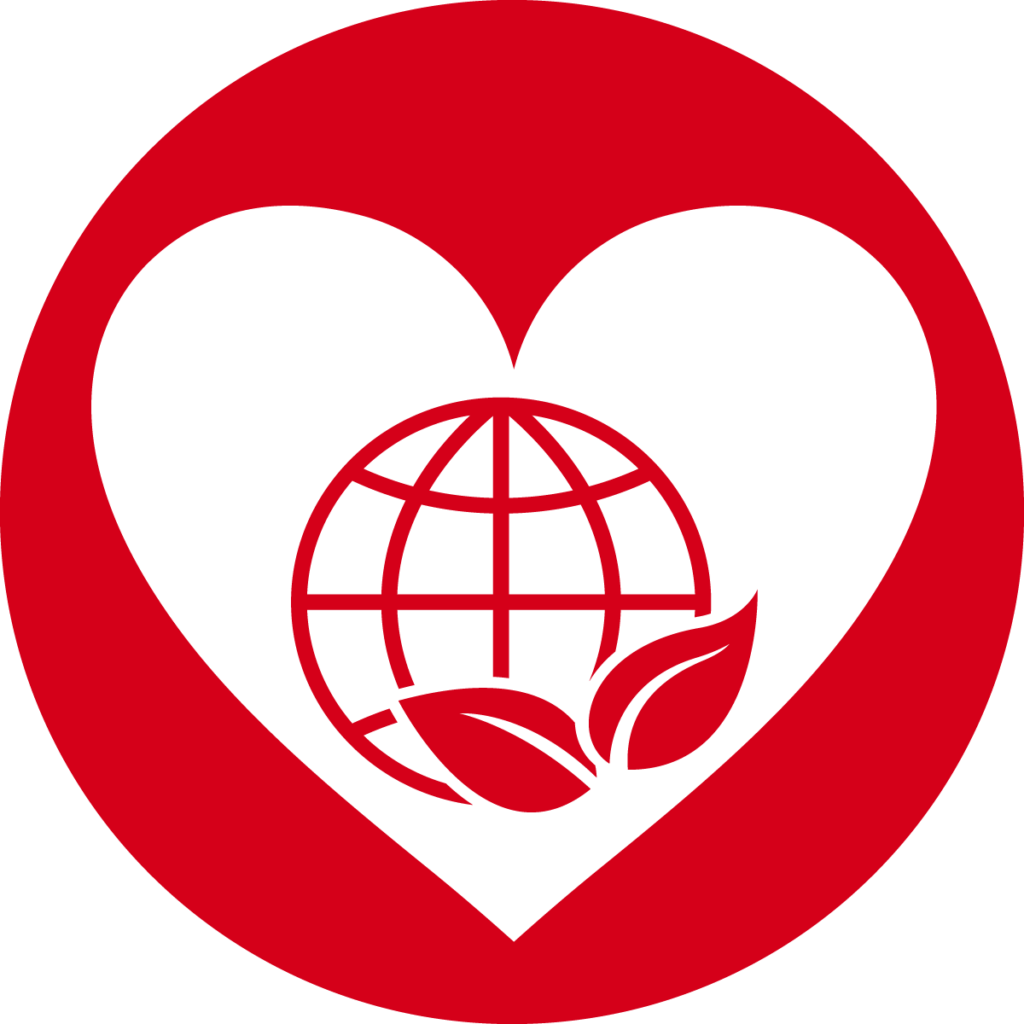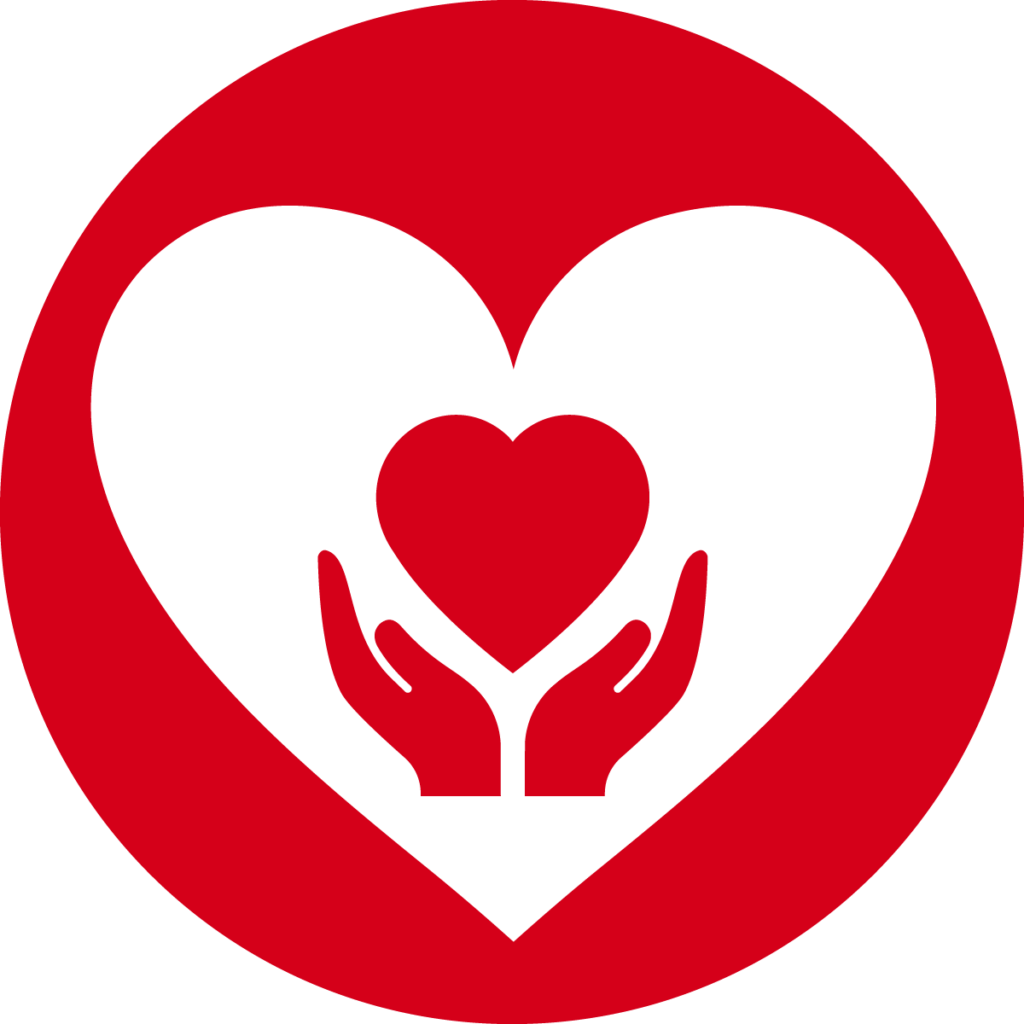
What is Poverty?
Money is not everything, but it is something. It does not bring us ultimate happiness, but it is part of our wellbeing. For those with not enough resources for basic necessities – everything in daily life is harder. Sometimes so hard that life is barely possible, and existence is miserable.
The ‘poverty line’ is the official governmental measure of poverty and it is ridiculously low. A family is not considered in poverty unless they make about $31,000 or less for family of four. By this measurement, about 15% of the U.S. lives in poverty. That’s about 9 million children and 40 million people. The percentage is higher in San Antoino.
Theology
Everyone is made in the image of God and everyone is loved by God equally. But not all of God’s children have enough to live on. We work to reduce the symptoms and the causes of poverty because to not do so is unjust and unloving. This stance come from our theological understanding of God’s will for all the people of God.
The Episcopal Church aims to help those living in poverty to meet their basic needs, both in the U.S. and internationally. We advocate for development assistance and humanitarian relief, access to healthcare, and federal support for education. We are committed to a strong social safety net for the most vulnerable Americans.
Scriptures
How does God’s love abide in anyone who has the world’s goods and sees a brother or sister in need and yet refuses help? (1 John 3:17, NRSV)
Scriptures are full of admonitions, commands, laws, and commentary on relieving the plight of people in poverty.
Reason
Studies have shown that countries with less income inequality are indeed much happier than those with large separations between the haves and the have-nots.

Its’s counter-intuitive, but even the wealthy are actually happier when equality is higher.
What can we do?
St. Andrew’s has a history of working to relieve immediate needs of those experiencing poverty. We have worked with Christian Assistance Ministry, Good Samaritan Community Services, Habitat for Humanity, run our own St. Andrew’s food pantry, worked with the Angel Tree, and many other charitable actions. Most of these are currently single events done annually.
Is this enough for us? Shall we expand on these ministries? Move into others?
Can we move into the political and social action that effects the causes of poverty? Groups like the Equity Trust, in the U.S., are being creative in the area of property ownership.
What actionable items can we draw from works like “Poverty, by America” by Matthew Desmond that tackle the systemic origins of poverty?
Can we learn from and participate in groups already formed which advocate for systemic changes, such as The Poor People’s Campaign?
Our own Diocese of West Texas has an extensive World Missions program with many opportunities for hands on work and mission service trips in the United States and outside the country.
Significant improvements in production and technology have happened under capitalist, but also immense suffering. Will capitalism as we know it evolve into something new, or be replaced by something else?
